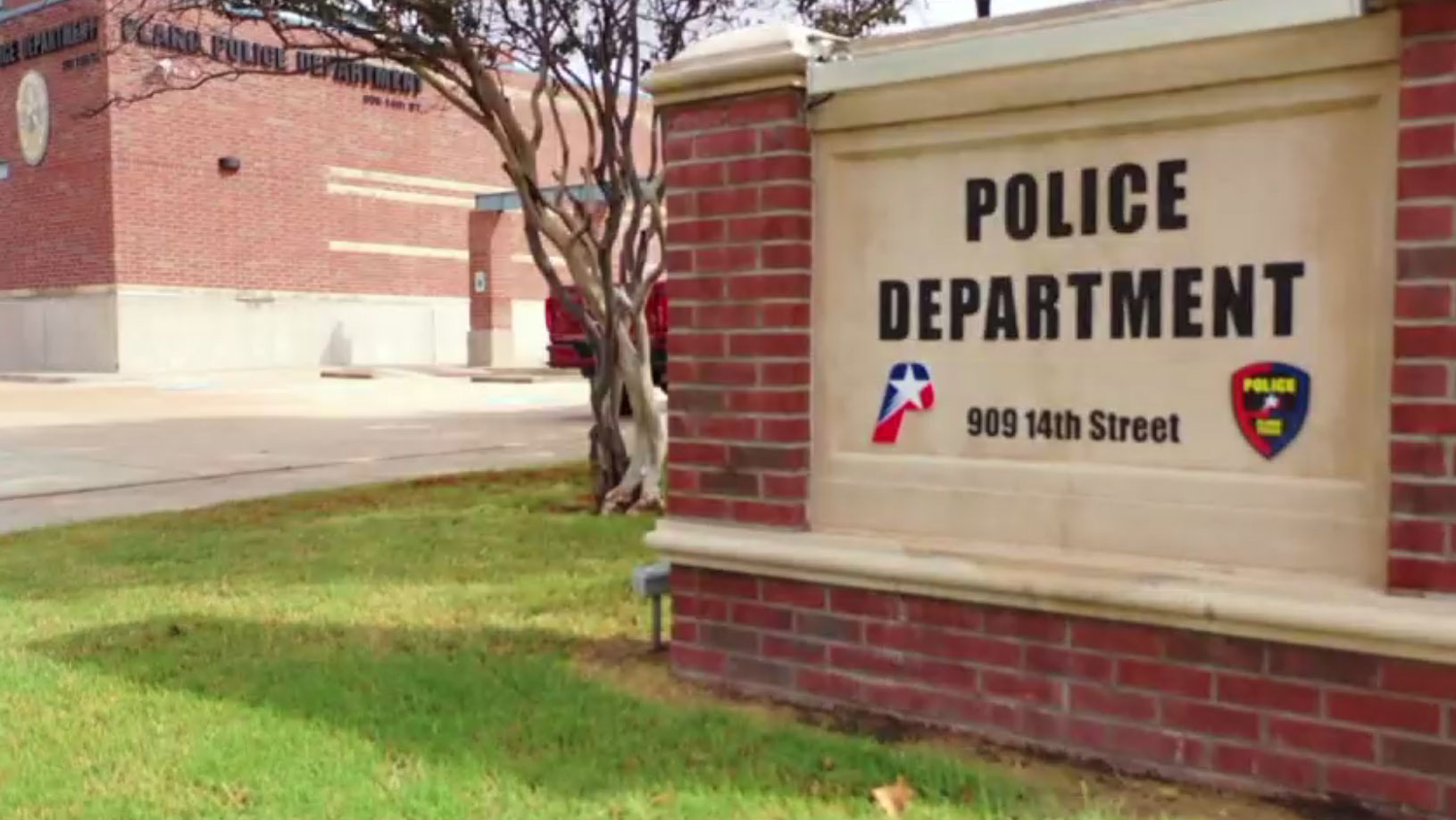Proposed new laws aimed at avoiding future violence at hospitals were unveiled Monday by State Rep. Rafael Anchia (D-Dallas, District 103).
The Dallas Democrat’s district includes Methodist Dallas Medical Center where two hospital workers were killed on Oct. 22, 2022.
Police said Jacqueline Pokuaa and Annette Flowers were shot to death by parolee Nestor Hernandez who was wearing an electronic monitor.
But records show Hernandez had been arrested in Carrollton in June 2022 for parole violations that included cutting off the electronic ankle monitor he was ordered to wear.
Get top local stories in DFW delivered to you every morning. >Sign up for NBC DFW's News Headlines newsletter.
“There should be harsh penalties for that just like there are for breaking out of jail,” Anchia said.
Members of the Dallas City Council joined Anchia to support the new laws. Councilman Tennell Atkins said he always assumed monitoring was treated the same as being in jail.
“Now you’ve got an ankle monitor. That’s another way of being in jail. If you cut that, you committed a felony,” Atkins said.
Local
The latest news from around North Texas.
Currently, tampering with an ankle monitor is only an administrative penalty and not a crime in Texas.
House Bill 3549, filed Monday, would turn that around. It would require an offender to immediately return to prison to serve the remainder of an original sentence and also add a new state jail felony charge on top of the original sentence for cutting off the monitor.
That law change would apply to any offender at any location, not just hospitals. Had it been in place last year, Hernandez might have been back in prison instead of walking through Methodist Medical Center.
He’s now in the Dallas County Jail on a $3 million bond, charged with killing Pokuaa and Flowers.
“Law enforcement did their job in this instance. Law enforcement arrested. Law enforcement jailed. It was the rest of the system that really failed it and that is what we are trying to do in these bills. We’re setting up a legislative regime to make sure these tragedies don’t happen again,” Anchia said.
Another new law, House Bill 3548 would elevate punishment for assaulting a hospital worker. Proposed House Bill 3547 would require that hospitals be notified if a violent offender with an ankle monitor visits.
Hernandez had permission from his parole officer to visit the hospital that day in October to attend the birth of his child.
Those two bills would be named for Methodist victims Pokuaa and Flowers.
Dallas-Fort Worth Hospital Council President Stephen Love said hospitals must be safe havens for difficult circumstances of life and death.
“We have to realize that some days, emotions run high. But we need a safe place for the patients, the patient's families and of course the health care workers,” Love said.
Even with new penalties for cutting them off, some critics have questioned whether electronic monitors are enough deterrents to protect the community from violent offenders. Anchia said the state auditor is conducting a study due to be completed within a few months.
“That is a larger subject in conjunction with law enforcement for the legislature to tackle,” Anchia said.
Records show Hernandez also violated the terms of his parole in March 2022 but was released to electronic monitoring prior to the June Carrollton arrest.
Dallas Police Chief Eddie Garcia has been critical of electronic monitors in the past. He said the changes in these proposed laws would soothe some of his frustration.
“We’re giving too many chances to violent criminals and not giving enough chances to our victims and communities and neighborhoods that need it. So yes, this is extremely helpful and something that will definitely benefit us,” Garcia said.
Anchia said there is bipartisan support for these bills from both Democrats and Republicans in the Texas House and Senate, so he is optimistic about the passage.
Questions were also raised after the Methodist shooting about how parolee Hernandez obtained a gun and about a plea agreement for his 2015 aggravated robbery sentence of eight years instead of a minimum mandatory 25 years there could have been because of his prior criminal history.



